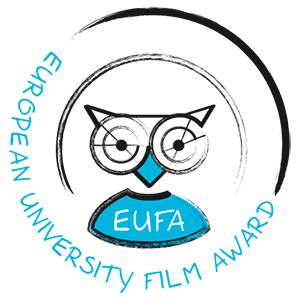Babes-Bolyai University Cluj-Napoca
Babeș-Bolyai University is an academic educational public institution aiming to promote and sustain the development of specific cultural components within the local, regional, national and international community. Recently classified by the line Ministry as a “university of advanced research and education”, Universitatea Babes-Bolyai (UBB) is situated on prestigious positions internationally; on a domestic level the University has been ranked in the past years on leading place among the approximately one hundred universities.
The Diploma founding the Major Jesuit College in Cluj (Academia Claudiopolitana Societatis Jesu) was issued by Ștefan Báthory on May 12, 1581, in Vilna (today Vilnius in Lithuania). Historical stations of today’s Babes-Bolyai University include Universitas Claudiopolitana (1776), the Royal Hungarian University of Cluj (Franz Joseph University/Cluj Hungarian University, 1872), Romanian university/King Ferdinand I University (1919, 1927), the University with Hungarian teaching/Bolyai University (1945), Victor Babeș University (1947-1948), Babeș-Bolyai University (1959). Students enrolled to these insitutions along the centuries belonged to all nationalities living in Transylvania (Hungarian, Romanian, German, Hebrew, Armenian, etc.) and all religious denominations (Protestant, Catholic, Orthodox, Greek Catholic, Jewish). Beginning with year 1895 women were allowed to enrol in the University of Cluj.
Looking back at the history of this region, UBB has become a model for multiculturalism, having four lines of study - Romanian, Hungarian, German and English, and offering complete programmes of study in five languages – Romanian, Hungarian, German, English, French. Within Babeş-Bolyai University there are 91 departments in the framework of the 22 faculties belonging to the University. The largest fields of education are: Mathematics and Natural Sciences, Biology and Biomedical Sciences, Engineering sciences, Social Sciences, Humanities and Art.
The Faculty of Theatre and Film has a didactic mission but also a research and artistic creation mission, established for each of the artistic domains it offers: Theatre and Performing Arts and Cinematography and Media. Programmes related to these fields are offered in Romanian, Hungarian and English at all levels of higher education: undergraduate, master’s and doctoral degree.
Department: Faculty of Theatre and Film
Courses: Film Aesthetics (2nd year BA), Contemporary Screen Narratives Theory (1st year MA). The European University Film Award is embedded within two classes, and it is open for Erasmus visiting students too.
Tutor: Andrea Virginás, Associate Professor.
Website: www.teatrufilm.ubbcluj.ro


